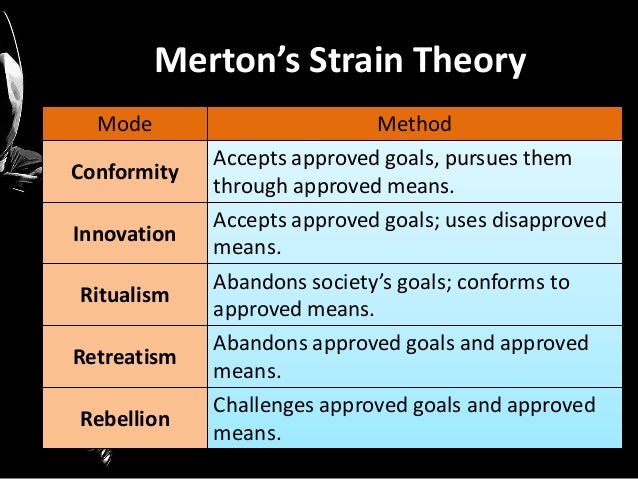Mining social media has its potential to extract actionable patterns that can be beneficial for business, users, and consumers. Opinion mining from social media can be a faster and less expensive alternative to traditional survey and polling, on which many sustainability researches are based.
Crowd Capital Theory.
ex-post facto design
my opinion:
format-wise – poorly written. No proofreading by the authors, but also by the peer-previewers.
Academic English does not recognize “get” and “put.” Sometimes, the ideas are not presented clearly. In-text citations need work: e.g. p. 946 “Andrews in 2012 said that may researchers indicate that the info…”; instead of “According to Andrews (2012), numerous researchers indicate the possibility of social network information to be used as a tool for spying.” Similarly, on page 947: ” (Saxton et al., 2012)” must be “Saxton et al., (2012)”
Verbs are missing: e.g. p. 946 “A case study on effect of social networking sites in emergency departments for patient care.”
p. 953 “in all these study” – adjective / subject disagreement.
content-wise, the article also presents ad-hod information, rather then clearly structured and delinted conclusions: e.g., on page p. 947, the authors announce as the goal of this study ” to investigate the role of “social networks” in creating a positive or negative impact on the social, behavioral and educational aspics of our community.”
None of the three links to the surveys are functional:e.g.,
https://docs.google.com/forms/d/1yzVo2SL85iqr7CVRGDZ1bUGKzZPQOo4bBD42 CI9f9e8/viewform?c=0&w=1&usp=mail_form_link

